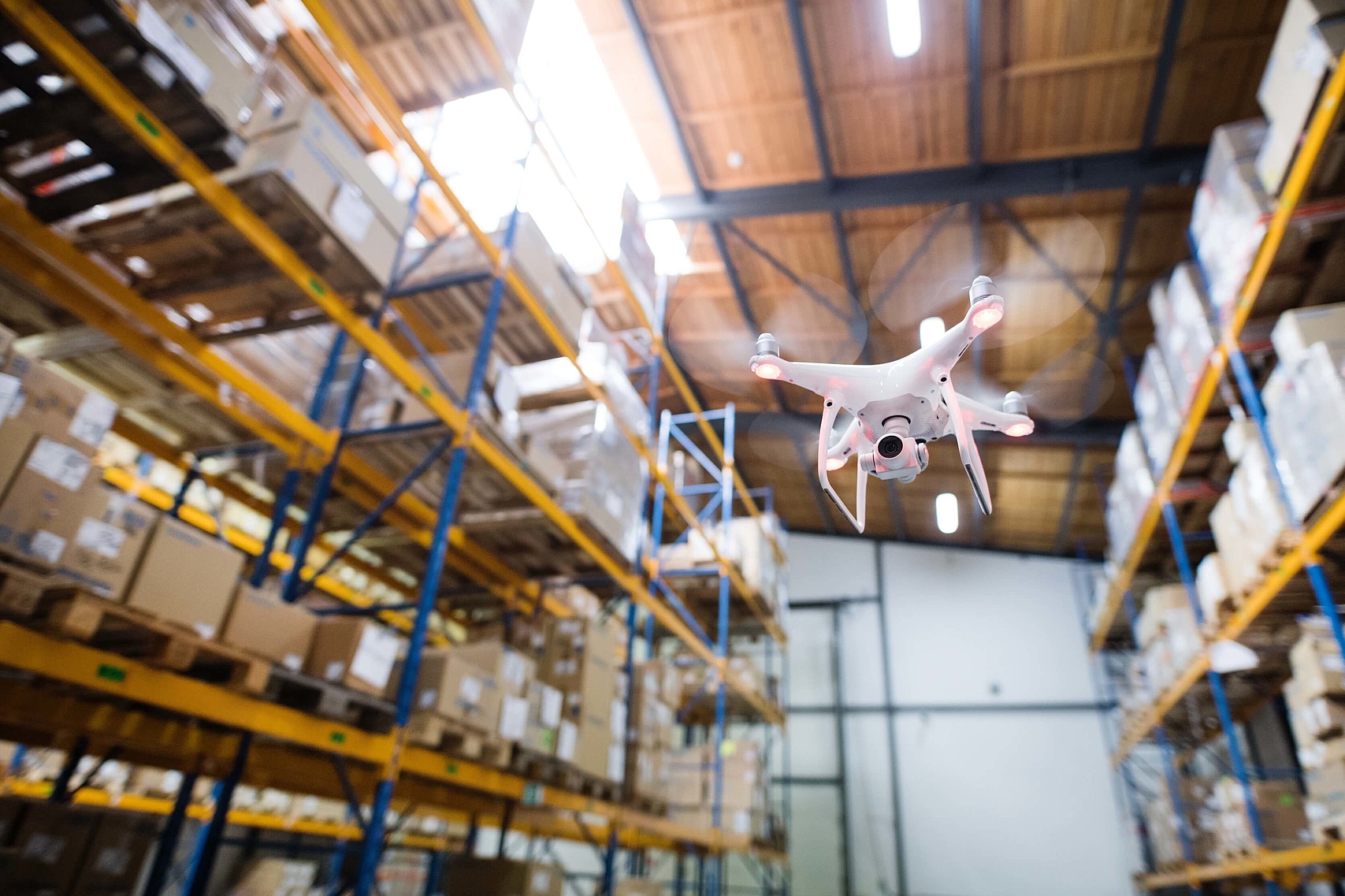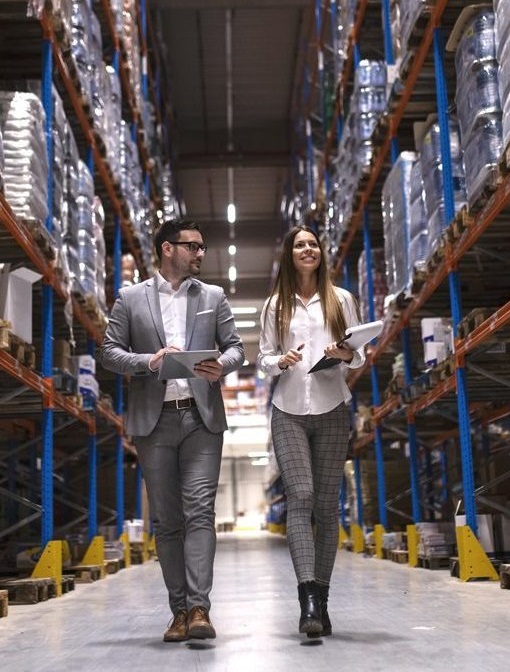Definition of Warehouse Logistics
To define warehouse logistics, we must first understand the meaning of logistics itself. In the simplest possible terms, logistics may be defined as the detailed planning, organization, management, and implementation of complex operations. In many industries, including warehousing, logistics also extends to the flow of both physical goods and information.
Warehouse logistics, therefore, encompasses all the varied, complex factors – organization, movements, and management – involved in warehousing. This includes the flow (shipping and receiving) of physical inventory, as well as that of more abstract goods, including information and time.
Warehouse logistics may also extend to anything from warehouse pest control, to damaged goods handling, to safety policies, to human resources management, to customer returns. In other words, warehouse logistics involves all the policies, procedures, and organizational tools necessary to keep your warehouse operations running smoothly.
Challenges of Warehouse Logistics
Common warehouse logistics challenges revolve around organization: Simply put, how can you achieve detailed control over something as large as a warehouse?
And yet, you must. You must be able to pinpoint the exact location of a specific item of inventory, the pallet that carried a purportedly expired food item, or the truck that shipped an item damaged during shipment. These controls are paramount to smooth operations and healthy revenues, and yet, without expert tools, they are nearly impossible to achieve.
Warehouse challenges run even deeper than these immediate concerns, extending into inventory management, supply chain management, cost controls, human resources, risk management, and security, among other factors. So, how can you achieve enough flexibility to stay competitive, while maintaining adequate offerings to please customers, while still exercising sufficient controls to protect your revenues? These are the questions facing warehouses today.


Benefits of Warehouse Logistics
The benefit of controlled warehouse logistics is simple – increased revenue.
Think of it this way: When your warehouse operations run smoothly, inventory is properly accounted for, the right item is sent at the right time, stock is replenished when needed, fewer picking errors occur, and all the people, processes, and systems fall into place as they should, your warehouse operates more efficiently. There are fewer errors and fewer problems, and that means maximized revenue.
When you implement a solid WMS to control your warehouse logistics, you:
- Ensure accurate, real-time inventory counts: Know how much inventory you have – and its specific location within your warehouse.
- Decrease returns: An accurate look at your inventory means sending the right item, the first time.
- Auto-replenish stock: Don’t wait until you’re out (or nearly out) of stock to order more; let your WMS auto-replenish inventory when stock levels get low.
- Maximize warehouse space: Some WMS automate warehouse routines (ex. stock rotation and picking), which means you’ll need less floor space for workers, which in turn means maximizing your warehouse space to store more inventory.
Other WMS benefits extend to better demand planning, improved visibility and transparency, stock traceability, fewer picking errors, optimized processes, efficient labor allocation, and improved customer services – factors that boil down to reduced operational expenses and more revenue.
Our Solutions
Tackling safety, environmental regulations & transportation of dangerous goods.
We specialise in covered car transport, enclosed car transport and international car transport.
We offer you a dependable and fast delivery of smaller shipments door to door.
Our Expertise
Our Sales Consultant will be available to advise and guide you throughout the move process. Our coordinators are focused on ensuring that every move runs smoothly, from departure to arrival.
They analyse the needs of the client from the very first contact. In particular, during the technical visit their expertise is used to assess the weight and volume of the consignment, as well as consider other factors which may affect the move, such as loading restrictions, access to the property, or tight corners.
They ensure that best practice is applied throughout the move process to achieve complete customer satisfaction.
We use skilled packers and movers using quality packing material to protect your belongings.
Owing to its reputation as a quality removals company and to the volume of its traffic, the K&A Transport GmbH is in a position to permanently employ a large number of packers. We have also been able to develop new materials to contain and protect your items as customer needs change. Custom-made containers can also be made for special items. See Packing for more information.
Owing to its reputation as a quality removals company and to the volume of its traffic, the K&A Transport GmbH is in a position to permanently employ a large number of packers. We have also been able to develop new materials to contain and protect your items as customer needs change.
Insights
- Colgate-Palmolive renews with K&A Transport GmbH in Malaysia September 1, 2017
- K&A Transport GmbH expands its partnership with Mercedes-Benz April 11, 2017
- Burts Potato Chips sizzle with K&A Transport GmbH March 22, 2014
- K&A Transport GmbH acquires 120 new vehicles in the UK March 21, 2014
- K&A Transport GmbH enhances Dublin facility with temperature controlled unit March 10, 2014
